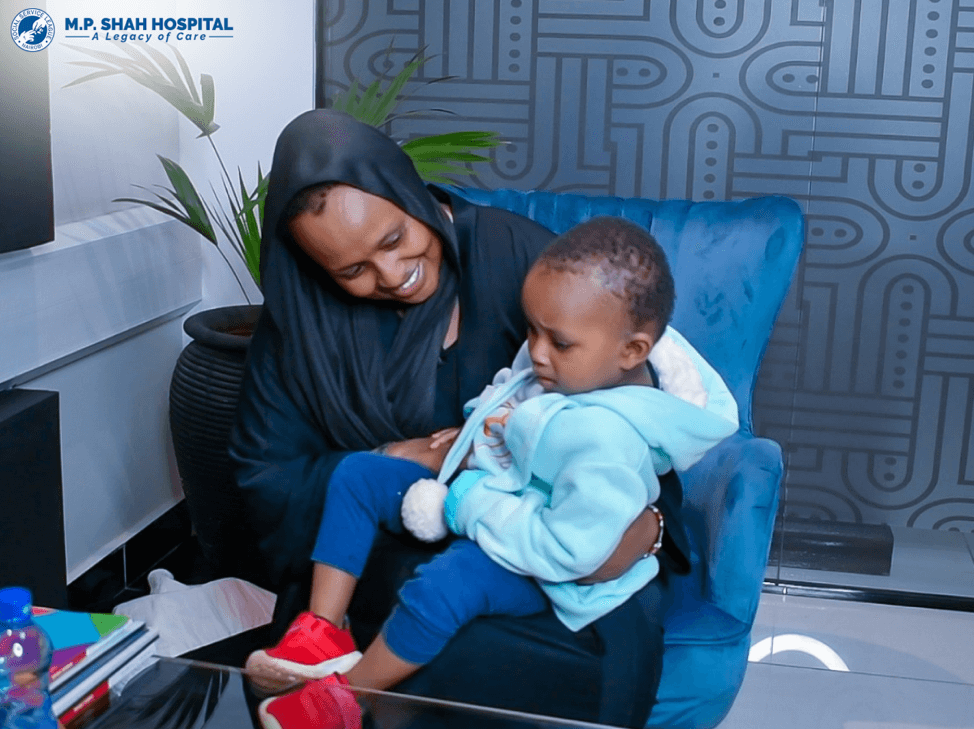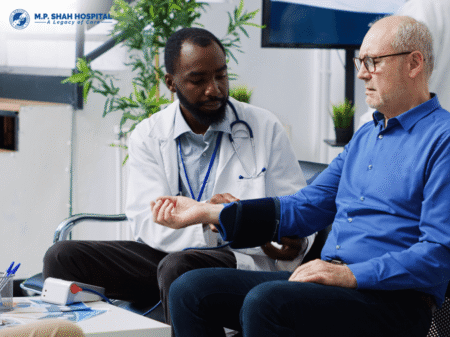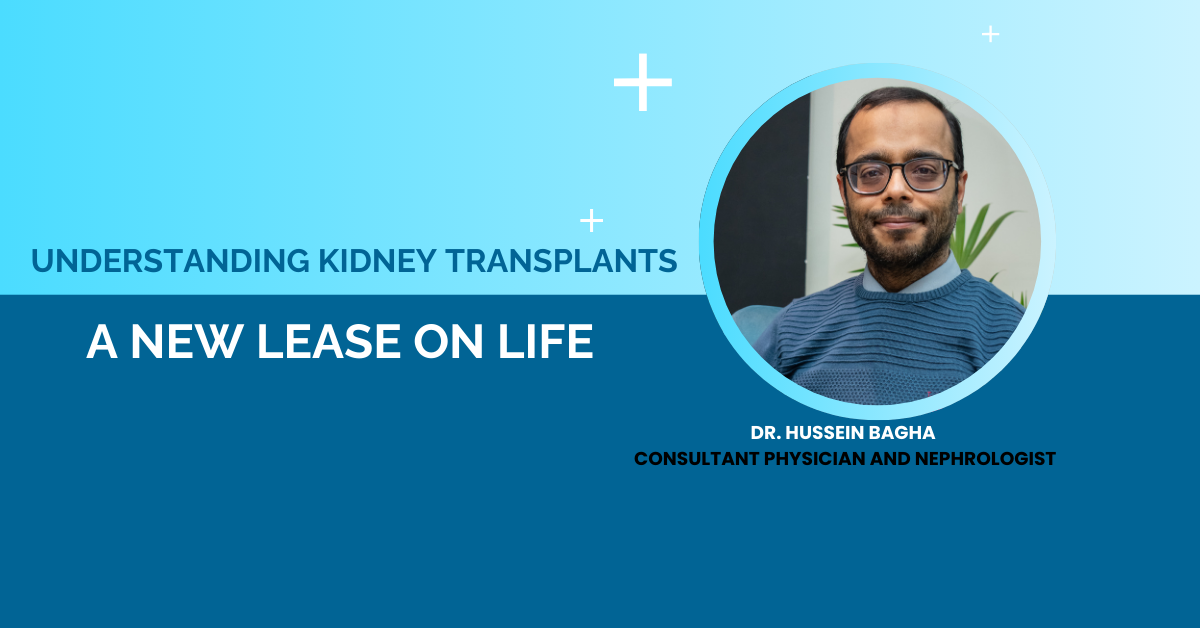M.P Shah Hospital is looking to recruit a professional and evidence-driven person for a vacancy in the Accident & Emergency (A&E) and Out-Patient Department, as the Family Medicine Physician.
FAMILY MEDICINE PHYSICIAN–JOB ADVERT
Reporting to the HoD A&E and Out-Patient, the overall purpose of this role is to provide comprehensive medical care to individuals and families, focusing on overall health and wellness. The successful candidate will have a commitment to delivering high-quality healthcare, managing chronic diseases, and promoting preventive care within the community.
Main Duties & Responsibilities:
1. Diagnose, treat, and manage a wide variety of medical conditions and illnesses for patients and provide preventive care, including regular check-ups, screenings, immunizations, and health education.
2. Develop and manage long-term patient care plans for chronic conditions such as diabetes, hypertension, and cardiovascular diseases.
3. Perform minor surgical procedures as necessary and refer patients to specialists when needed.
4. Offer health counseling on lifestyle management, nutrition, exercise, and mental health.
5. Utilize evidence-based practices for the diagnosis and management of common medical conditions and keep updated with the latest medical advancements and guidelines to ensure the highest standard of care.
6. Administer and interpret diagnostic tests and procedures.
7. Collaborate effectively with nursing staff, specialists, and other healthcare professionals to ensure comprehensive patient care.
8. Work alongside the clinic’s medical team to enhance the clinic’s quality of care and patient satisfaction and maintain accurate and up-to-date patient records through electronic health record systems.
9. Participate in regular team meetings and discussions about improving patient care and clinic operations.
10. Complete all required documentation in a timely and efficient manner.
11. Educate patients and their families on health conditions, medications, healthy lifestyle choices, guide them through treatment options and assist them in making informed decisions about their care.
Qualifications, Regulatory & Legal Requirements
1. MMed (Family Medicine) or equivalent from a recognized University in Kenya or abroad
2. Bachelor of Medicine or Bachelor of Surgery (MBChB or MBBS) from a recognized University in Kenya or Abroad
3. Registration license from the Lenya Medical Practitioners and Dentist Council (KMPDC)
4. Current Practicing license from the Kenya Medical Practitioners and Dentist Council (KMPDC)
5. At least 5 years’ experience working in a similar position
Interested and qualified candidates in the above positions are encouraged to forward their applications to the hospital recruitment portal through the link below: https://recruitment.mpshahhosp.org:6670/careers on or before 27th May 2025.
‘MP Shah Hospital is an equal opportunity employer’











